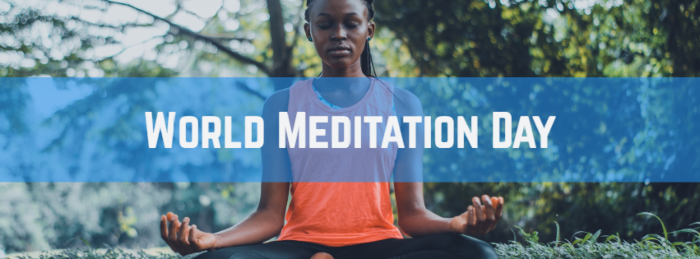Mindfulness Meditation
|
|
|
|
Author: Mark Anslow, Service Manager - Parenting and Family Support for City of Bradford Metropolitan District Council Date: 21st May 2021 Dan Harris says ‘Mindfulness is the ability to know what’s going on in your head at any given moment without getting carried away by it’. So, it’s about our attention and the choices and responses we make to what’s going on in our heads. Grabbing our attention is a billion-dollar business which is finessed and researched by advertising and tech companies wanting us to purchase their products and stay online. These can also trigger our social anxieties about how we are measuring up. Also, our attention affects our emotions and has a tendency to wander off to chew over the past, worry about the future or evaluate ourselves and others. Meditation builds our attention ‘muscles’, similar to how we take physical exercise for the body (though that’s great for the mind too). In its broadest sense, meditation will usually involve:
The benefits of taking these pauses (meditating) is well researched. They promote relaxation, a break from noise and busy-ness and may also refresh you for hours. These pauses also give your nervous system a chance to sooth and balance. Practice is needed though and as little as 12 minutes a day for 3 to 5 days a week can show benefits. So how do you meditate?One of the great benefits of fitting meditation into your daily routine is its accessibility. Anyone can do it almost anywhere! It can be done from your bed, or even in the bath, or just simply seated. The main elements are that you close your eyes, focus your mind on taking deep breaths in and out, and push all thoughts from your mind. From time to time, feelings and thoughts will pop up, don’t worry though, acknowledge them and calmly notice them without getting caught up in them. Continue with your breathing, then focus your breathing to your inner sense of calm, until you are ready to open your eyes and continue with your day. So colleagues, I wish you well in your practice if you meditate already. If you don’t and would like to explore more then I suggest you start at the Quiet Place for Key Workers which Breathworks have provided as a result of Covid. Mindfulness is such an important practice that you can use throughout your daily life; supporting friends, family, colleagues, and yourself. PACT HR are hosting a series of Mental Health First Aider training sessions, and due to popularity we have recently expanded to offer more sessions this October. If you would like more information on the training PACT HR offers, including how to become a Mental Health First Aider, please contact Simon Brannan at simon.brannan@bradford.gov.uk, visit the PACT HR website for more details, or contact the PACT HR helpdesk on 01274 436644 for more details. |
